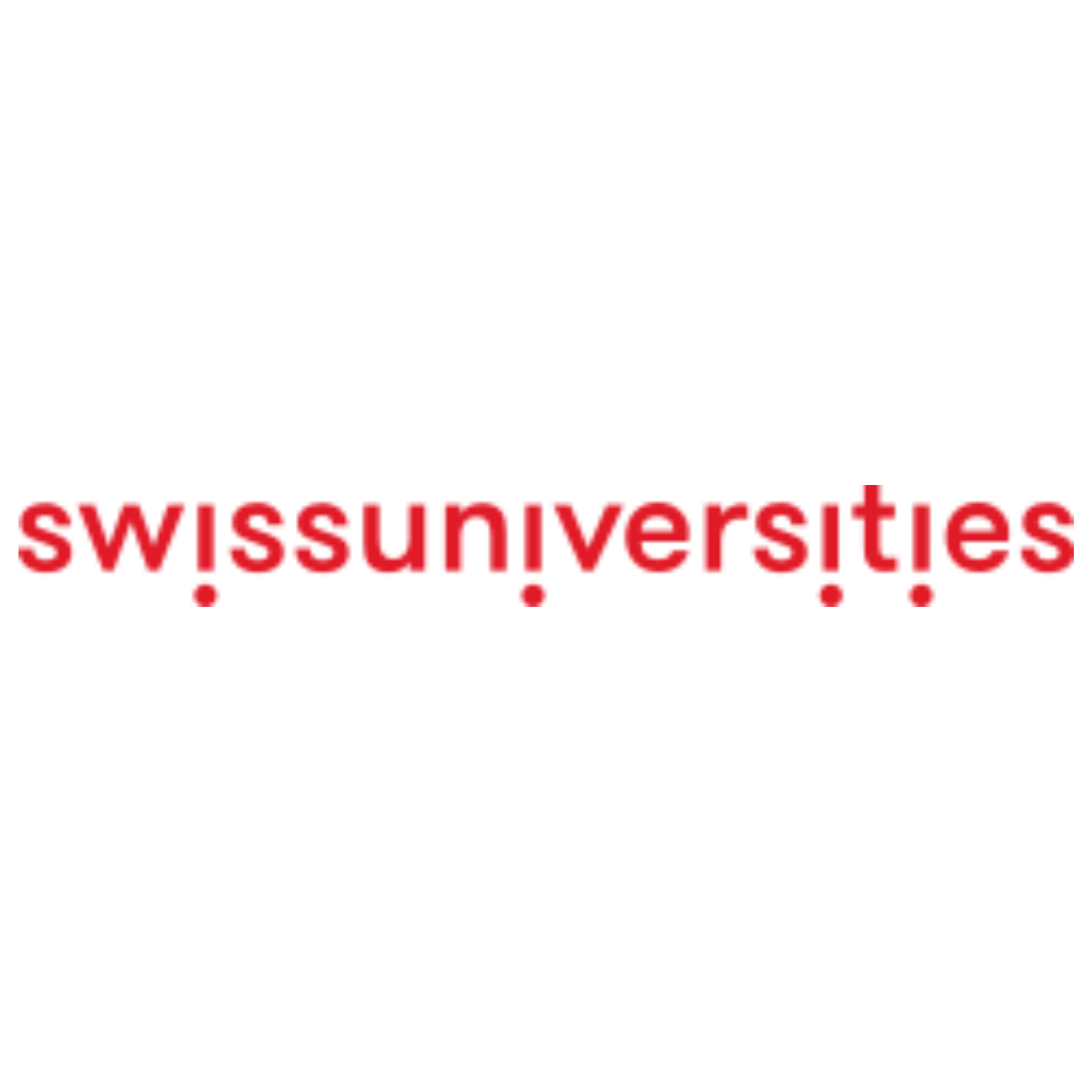At the UNIGE, the following principles apply to the use of generative AI in research, teaching and learning, and administration:
Responsibility
-
UNIGE students and staff are personally responsible for their use of generative AI.
-
It is necessary to have a basic understanding of the characteristics (i.e. probabilistic model) and risks inherent in generative AI (bias, hallucinations, personal data, etc.) before using it.
-
Users must be able to understand, judge and assess the validity of the responses produced by generative AI, so as not to become dependent on it.
-
The final validation of each text, image, video or other work or decision generated or assisted by a generative AI tool is the responsibility of the user.
Legality
-
Applicable laws must be respected, as well as any specific contractual clauses (i.e. publishing contracts).
-
Particular attention must be paid to data protection, copyright/intellectual property, official secrecy and confidentiality.
Academic integrity and transparency
-
In their scientific publications and creations, researchers and students are required to respect the rules and principles governing scientific integrity, in particular the prohibition of plagiarism, and to comply with good scientific practice.
-
In the context of non-scientific and public use, any text, image, video or other work that is predominantly generated or modified by generative AI should be clearly identified as such.
-
Employees are required to report the use of generative AI tools in the course of their duties to their superiors.
Economy and ecology
A breach of UNIGE's principles cannot be blamed on the tool or a lack of awareness of the risks and problems associated with AI. Resources, guides and training courses are listed opposite to help the community understand and apply these principles.







